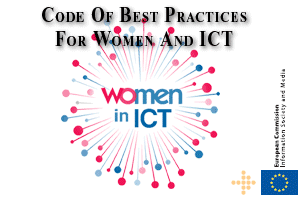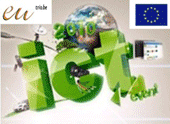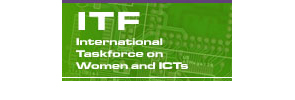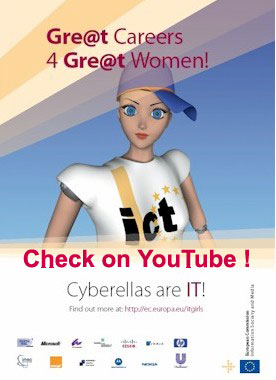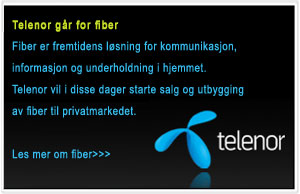|
Students aged 13 - 18 from around the world are invited to enter and compete for awesome once-in-a-lifetime experiences, scholarships and real-life work opportunities in three age categotires: 13-14, 15-16, 17-18.
More than 7500 entries were submitted by around 10.000 participants from 91 countries! About 60 percent of the entries came from Americans. All three of the winners were American, as were nearly three-quarters of the finalists.
15 finalists were flown in from all around the world the 11th of July to Google HQ in California for the final award ceremony. The judges were eminent innovators, Nobel laurates and representatives of industry and tech visionaries.
Girls swept all three age categories in the competition!
11th grade Shree Bose, a 17-year-old from Fort Worth, won the grand prize and $50,000 for her project that tackled ovarian cancer. Shree looked at a chemotherapy drug, cisplatin, that is commonly taken by women with ovarian cancer. The problem is that the cancer cells tend to grow resistant to cisplatin over time, and Shree set out to find a way to counteract that. She found the answer in a cellular energy protein known as AMPK, or adenosine monophosphate-activated protein kinase. She observed that when AMPK was paired with cisplatin at the beginning of treatment the combination diminished the effectiveness of cisplatin. But added later on, when the cancer cells were growing resistant, the AMPK worked to maintain the effectiveness of cisplatin, allowing it to continue killing the malignant cells, at least in cell cultures. Shree’s research was supervised by Dr. Alakananda Basu at the University of North Texas Health Science Center in Fort Worth. Ms. Bose’s research was best of show over all. Her prize included besides the $50,000 for future college studies, a 10-day trip to the Galapagos Islands and a separate trip to visit the CERN particle physics laboratory in Switzerland.
 | Naomi Shah of Portland, Ore. won the age 15-16 category with a study of the effects of air quality on lungs, particularly for people who have asthma. Naomi recruited 103 test subjects, performed 24-hour air quality measurements at their homes and workplaces and had each blow into a device that measured the force of their breath.
Lauren Hodge of Dallastown, Pa., won the age 13-14 category for research on whether marinades reduce the amount of cancer-causing compounds produced by the grilling of meat. She found that lemon juice and brown sugar cut the level of carcinogens sharply, while soy sauce increased them.
Vint Cerf, Google’s chief Internet evangelist and one of the judges, said that gender did not play a role in deciding the winners. In fact 9 of the 15 finalists in the Google Science Fair were boys. “This was a gender-neutral evaluation of all the work that was done,” he said. Nonetheless, “I was secretly very pleased to see that happen,” Dr. Cerf said. “This is just a reminder that women are fully capable of doing same or better quality work than men can.”

Google Science Fair 2011
|

 Google has partnered with CERN, LEGO, National Geographic and Scientific American to create a new kind of online science competition that is more global, open and inclusive than ever before.
Google has partnered with CERN, LEGO, National Geographic and Scientific American to create a new kind of online science competition that is more global, open and inclusive than ever before. 




